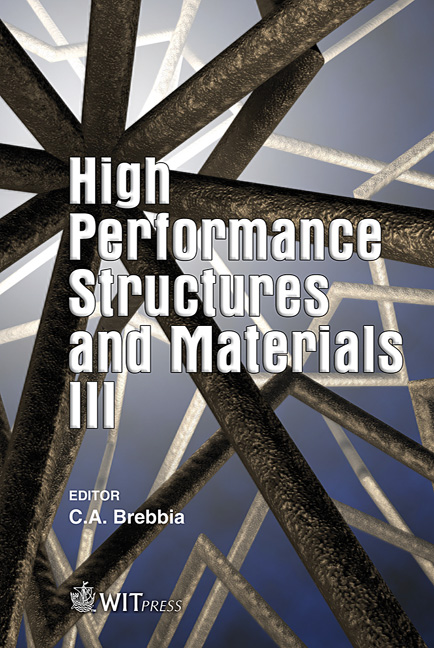Timber Specimens Parametrized Design For Numerical Analysis
Price
Free (open access)
Transaction
Volume
85
Pages
10
Published
2006
Size
1,796 kb
Paper DOI
10.2495/HPSM060561
Copyright
WIT Press
Author(s)
E. Martín Gutiérrez, J. Estévez Cimadevila, D. Otero Chans & S. Muñiz Gómez
Abstract
The characterization of materials or the study of resistant response associated with new constructive solutions often convey progressive adjustment of models of analysis starting from the results obtained by means of test campaigns. The reliability of the conclusions will obviously be conditioned by the amplitude of the experimental development which, as a result, should contain a sufficiently representative sampling of cases. In the situations where significantly multiple parameters intervene, specimens that involve possible values and combinations should be examined, which in practice remarkably increases the number of specimens to be treated. The case being presented deals with the evaluation of the effectiveness of certain fixed joints carried out by gluing metallic bars into timber pieces by means of adhesives of different formulations. The set of calculus patterns, including the extensive variability of the associated magnitudes, has been treated in a parametrized form. The geometry of the studied pieces, as well as the sustenance conditions and the load, are automatically generated by means of software specially designed for those purposes. The resulting information is structured in an orderly way to facilitate its reading and also its manipulation if needed. The files of the process obtained in this way can optionally incorporate the meshing sequences, as well as the commands of the calculus, analysis and postprocess. The adopted strategy considerably reduces the time assigned to the phases of the geometrical definition and resolution, and enormously simplifies the interpretation of the results. Keywords: numerical analysis, parametrized design, glued joints.
Keywords
numerical analysis, parametrized design, glued joints.





